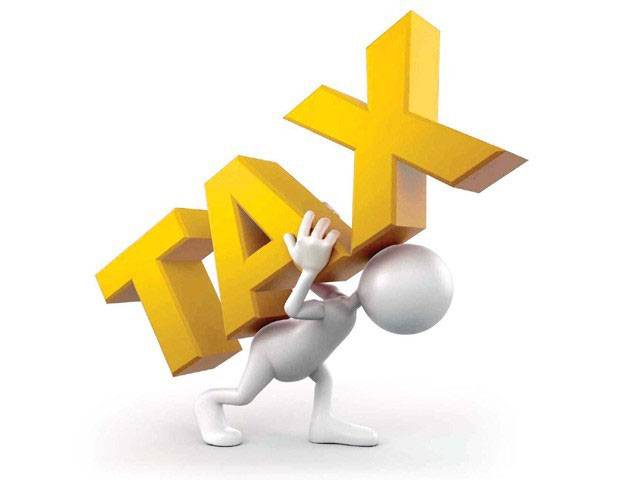ISLAMABAD - Pakistan, keen to show its commitment to fixing its ailing finances, on Tuesday reported a 25 per cent rise in tax revenues since the beginning of the fiscal year due to a raft of new tax collection measures introduced by the new government.
Pakistan has one of the lowest tax collection rates in the world and the International Monetary Fund is watching its efforts closely. It wants Pakistan to do more to tackle rampant tax evasion, particularly by its wealthy elite. Any delay in implementing proposed reforms could disrupt the delivery of vital assistance from the IMF, which last month agreed that Pakistan can seek a loan package worth $6.6 billion to fix its moribund economy.
The finance ministry said new measures such as a sales tax rise to 17 percent from 16 percent had already generated $1.3 billion in revenues since the beginning of the new fiscal year in July, a 25 percent rise compared to a year earlier.
A finance ministry official, speaking on condition of anonymity, said the new measures were expected to generate 207 billion rupees in the current fiscal year.
“In the first month of the fiscal year, that is in July, the increase ascribed to the new taxes would be roughly 10 billion rupees,” the official said.
“The rest can be ascribed to better assessments, plugging of leakages and better supervision and management.”
Pakistan’s Western allies have poured in billions of dollars to aid its economy, reflecting worries that growing public anger at crumbling finances could play into the hands of insurgents and destabilise the region.
But the aid has not been nearly enough to plug the gap between members of the elite, who pay little tax, and the poor, who rely on public services which taxes should fund. Pakistan’s new government wants to show it is serious about the problem.
“The government had decided to bring 0.5 million new taxpayers into the tax net,” Finance Minister Ishaq Dar told reporters on Tuesday. “We have also sent 10,935 notices to taxpayers last month.”
The new government has already made steps towards reforms, setting an ambitious budget deficit target of 6.3 percent for 2013/14, which most analysts say might be hard to meet.
“We realise the consequences of a failure to implement tax reform,” said the ministry official. “We are working on a war-footing.”
Friday, April 19, 2024
Big rise in tax revenues

5:19 PM | April 19, 2024
Minister advocates for IT growth with public-private collaboration
9:57 PM | April 19, 2024
Formula 1 returns to China for Round 5
9:05 PM | April 19, 2024
Germany head coach Julian Nagelsmann extends contract till 2026 World Cup
9:00 PM | April 19, 2024
IMF urges Italy, France to spend less, Germany to loosen purse strings
8:57 PM | April 19, 2024
Empowering Women: The Vision of Maryam Nawaz Sharif
8:37 PM | April 19, 2024
A Tense Neighbourhood
April 19, 2024
Dubai Underwater
April 19, 2024
X Debate Continues
April 19, 2024
Hepatitis Challenge
April 18, 2024
IMF Predictions
April 18, 2024
Kite tragedy
April 19, 2024
Discipline dilemma
April 19, 2024
Urgent plea
April 19, 2024
Justice denied
April 18, 2024
AI dilemmas unveiled
April 18, 2024
ePaper - Nawaiwaqt
Advertisement
Nawaiwaqt Group | Copyright © 2024





